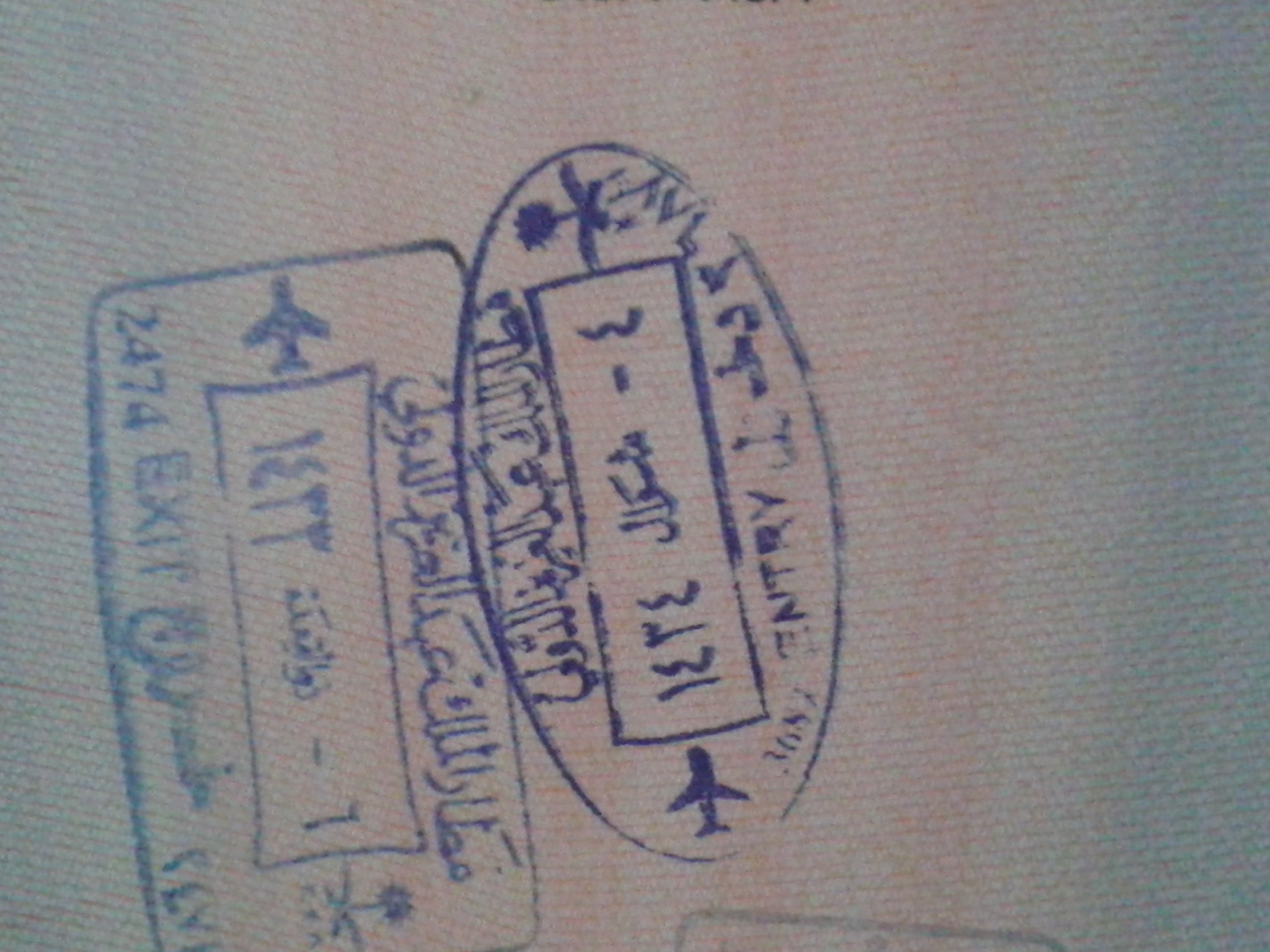
The extension is available to those with expired tourist, family, or business visit visas. Eligible applicants must use the Tawasul service on the Ministry of Interior’s Absher electronic platform to apply and settle dues. Jawazat has encouraged prompt action within this limited timeframe to avoid complications.
Authorities framed the initiative as both practical and compassionate, marking the start of the Hijri New Year—a culturally significant moment. Officials also noted that the move ensures adherence to immigration protocols while providing flexibility to those unintentionally overstaying.
The process involves logging into Absher, accessing Tawasul, and applying for an exit extension after paying required fines and visa penalties through the platform. The opportunity is intended solely for exit purposes and applies once per applicant.
This development builds on broader efforts by Saudi authorities to streamline immigration procedures. The digitalisation of visa services through Absher has previously encompassed multiple services—driver’s licences, document verification, and visa application—part of a larger strategy to enhance administrative efficiency and user convenience. For expired visit visa holders, this marks the first scheme designed expressly to alleviate overstay pressures during exit.
Analysts view the policy as an example of soft power in action, balancing legal compliance with cultural consideration. By linking the grace period to a holy date, authorities underscore the Kingdom’s sensitivity to religious observance while promoting orderly departures.
Since the initiative’s announcement, queries have surged on social media, travel forums, and embassy helplines. Many users have reported streamlined processing experiences. A spokesperson at the Saudi Embassy in Manila confirmed the scheme’s operational readiness as of June 26, and clarified that it applies across all nationalities.
Legal advisers and expat support networks are now issuing guidance on how to navigate the extension process. Common advice underscores urgency—applications must be filed within the 30-day window. Some warn that failures could result in fines, deportation, and temporary travel bans—hindering future visits.
A consultant with the Gulf Legal Advisory explained that the grace period effectively converts what would have been an illegal overstay into a short-term legal stay, avoiding lawsuits or criminal ramifications. “This extension helps avoid complex exit bans, especially for family groups and business travellers whose plans were upended,” the adviser said.
The introduction of this measure comes amid a wider push within Saudi government circles to reinforce digital governance. The Ministry of Interior has gradually shifted manual processes online, with travel credentials playing a key role. The visa extension scheme represents that shift, offering a digital-first solution with Tangible benefits.
Critics argue that the policy’s effectiveness hinges on implementation. They point to potential system overloads in Absher, causing delays or technical glitches for users. To mitigate this, Jawazat has reportedly increased system bandwidth and online customer support lines during the grace period.
Representatives from expatriate advocacy groups welcomed the step but urged further measures—suggesting extension of deadlines or fee waivers for low-income families. They also pressed for clearer communication in multiple languages to prevent misinterpretation, especially among manual labourers and older visitors less familiar with digital interfaces.
While the grace period is framed as a one-off initiative, observers note that if it proves successful, similar measures could become part of yearly protocols tied to the Hijri calendar. Given that overstay penalties have previously caused diplomatic tensions and travel disruption, the policy may serve as a template for balancing enforcement and empathy.
This visa flexibility comes at a time when Saudi Arabia continues to ramp up tourism and cultural engagement under Vision 2030. Streamlining exit procedures could bolster the Kingdom’s international image, demonstrating regulated flexibility without compromising sovereign immigration authority.
Topics
Saudi Arabia
